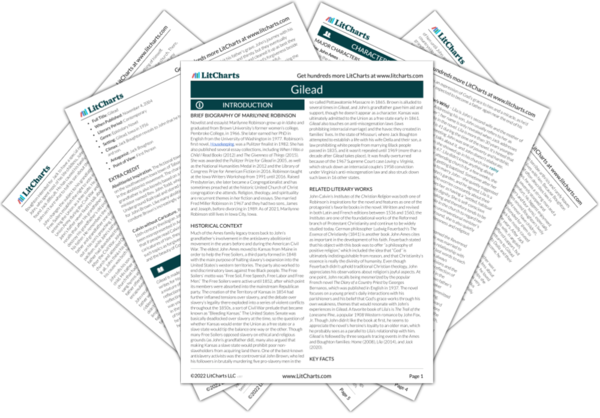The tension between John and Jack is immediately evident, and it’s telling that Jack’s visit follows John’s recollection of the estrangement between his father and grandfather—he doesn’t get along with his surrogate son, either. Even though Jack has an affectionate childhood name for John, John doesn’t believe there’s any real fondness in it, It’s also obvious that John never told Lila or their son that Jack is named after him, suggesting that he holds a grudge.
